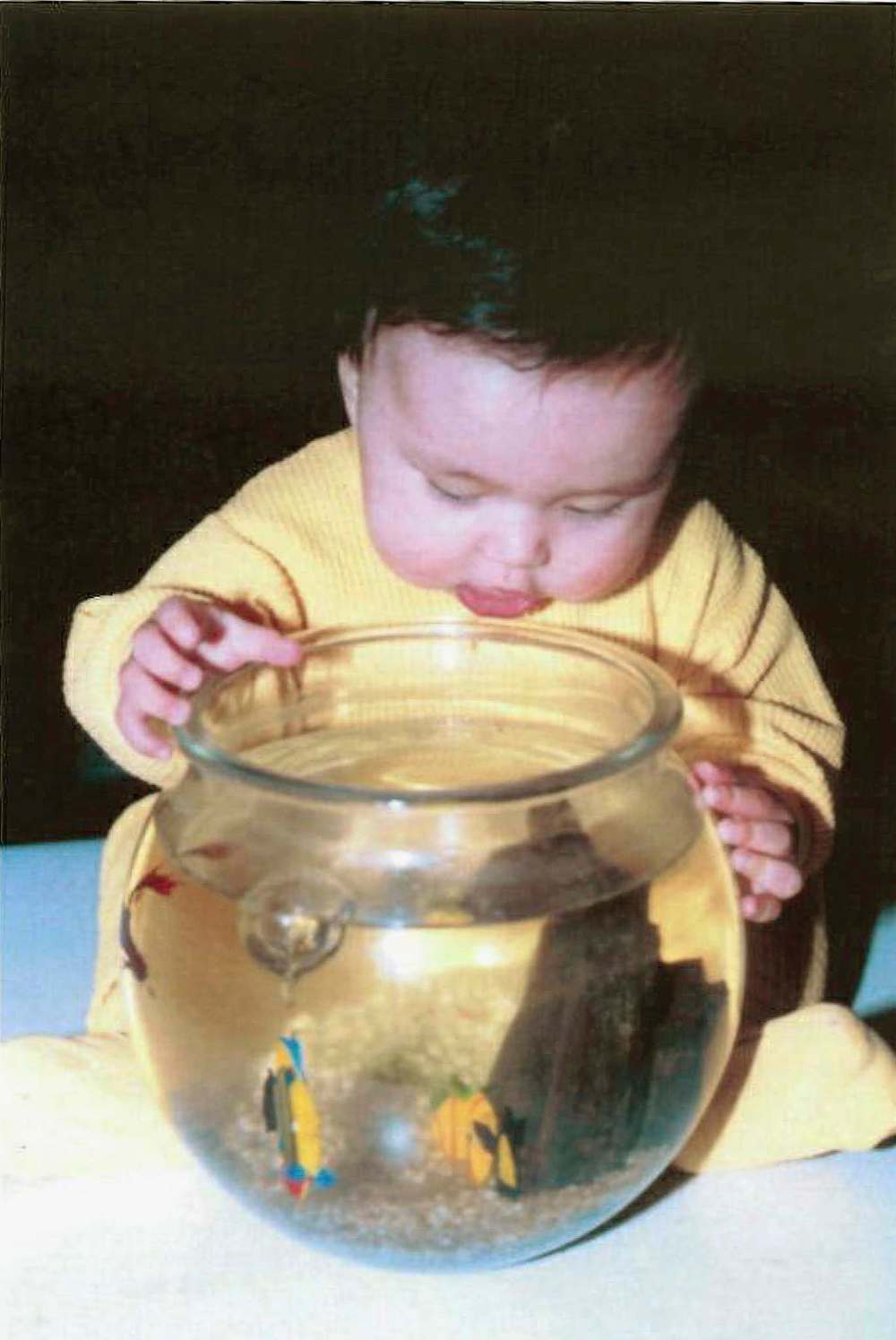Wait for care too long for kids, families
Advertisement
Read this article for free:
or
Already have an account? Log in here »
To continue reading, please subscribe:
Monthly Digital Subscription
$0 for the first 4 weeks*
- Enjoy unlimited reading on winnipegfreepress.com
- Read the E-Edition, our digital replica newspaper
- Access News Break, our award-winning app
- Play interactive puzzles
*No charge for 4 weeks then price increases to the regular rate of $19.00 plus GST every four weeks. Offer available to new and qualified returning subscribers only. Cancel any time.
Monthly Digital Subscription
$4.75/week*
- Enjoy unlimited reading on winnipegfreepress.com
- Read the E-Edition, our digital replica newspaper
- Access News Break, our award-winning app
- Play interactive puzzles
*Billed as $19 plus GST every four weeks. Cancel any time.
To continue reading, please subscribe:
Add Free Press access to your Brandon Sun subscription for only an additional
$1 for the first 4 weeks*
*Your next subscription payment will increase by $1.00 and you will be charged $16.99 plus GST for four weeks. After four weeks, your payment will increase to $23.99 plus GST every four weeks.
Read unlimited articles for free today:
or
Already have an account? Log in here »
Hey there, time traveller!
This article was published 31/03/2017 (3141 days ago), so information in it may no longer be current.
OTTAWA — Phoenix Sinclair should be preparing to celebrate her 17th birthday next month.
But the girl, whose horrific death at the hands of her mother and stepfather launched the widest investigation of Manitoba’s child-welfare system in history, never saw her sixth birthday.
She has been dead for more than twice as many years as she lived.

The child welfare system that was charged with protecting her failed her in every way.
Twelve years after she died, the problems that contributed to the failures in her case — high caseloads, too many workers without proper training, lack of services available to help families, soaring numbers of kids in care, substance abuse, family violence, poverty — still exist.
This week, the Free Press wrote a story about an internal investigation done by the Manitoba children’s advocate, looking at the child-welfare services in the Island Lake region after 14 children who had been in care died in a five-year time span. The advocate was livid the Free Press was given a copy of the report, which was supposed to be confidential.
Indeed, the report laid bare details about the 14 children and their families that were incredibly intimate, details the Free Press chose not to publish because they were not relevant to the issue.
What is relevant is that time and again, these children were failed by a system whose only reason for being is to protect them and help their families care for them.
In many cases, the parallels to what happened to Phoenix were startling.
Families were supposed to be monitored but never were. In one case, the only time a social worker visited a family, who had come to the attention of CFS because of the parents’ drinking, nobody answered the door. The worker could hear kids inside but didn’t pursue it and two months later the file was closed without a single thing being done.
It’s easy to cast blame on the workers. But even if workers had all the training they needed and all the time they needed to monitor their caseloads as closely as needed, it wouldn’t solve the problem.
Substance abuse, domestic violence and poverty were the main reasons these families came to the attention of the system in the first place, yet the Band-Aids we keep putting on child welfare do nothing to go after the reasons we need the system in the first place.
Substance-abuse programs aren’t available on most reserves, forcing people to sit on waiting lists and then fly to Winnipeg for treatment. Numerous social workers say this just doesn’t work. There are no shelters for abuse victims and no programs to help kids deal with trauma from family violence.
The only programs that showed any success were those that included cultural teachings and delivered a sense of pride in community and culture. The report pointed to the Community Holistic Circle Healing program in Hollow Water First Nation, which has had tremendously positive effects on that community.
The program, which is rooted in indigenous cultural teachings, used community intervention teams, healing circles and programs for both abusers and victims. It first addressed the high rates of substance abuse and then moved to deal with physical and sexual violence.
Abuse rates are down. Alcoholism among adults is almost non-existent. Youth drug abuse is being targeted now. High school enrolment is up, graduation rates are improving and families are so solid other first nations are now sending their kids to Hollow Water for foster care.
In the Island Lake area, an annual six-day gathering for suicide survivors and families of people who have died by suicide has helped reduce suicide rates in the four communities by 58 per cent.
But funding for these traditional healing programs is limited, while funding to spend $20,000 per person flying someone to Winnipeg for treatments that have low success rates continues.
The answers to the crisis in the child-welfare system are not easy. It is unlikely the case loads will ever really drop, or that social workers will ever really be able to help the families the way they have been trained to do, until we address the underlying reasons behind families’ struggles in the first place.
In the meantime, kids and families will continue to wait for help that never comes.
Mia Rabson is the Winnipeg Free Press parliamentary bureau chief.
mia.rabson@freepress.mb.ca Twitter: @mrabson

